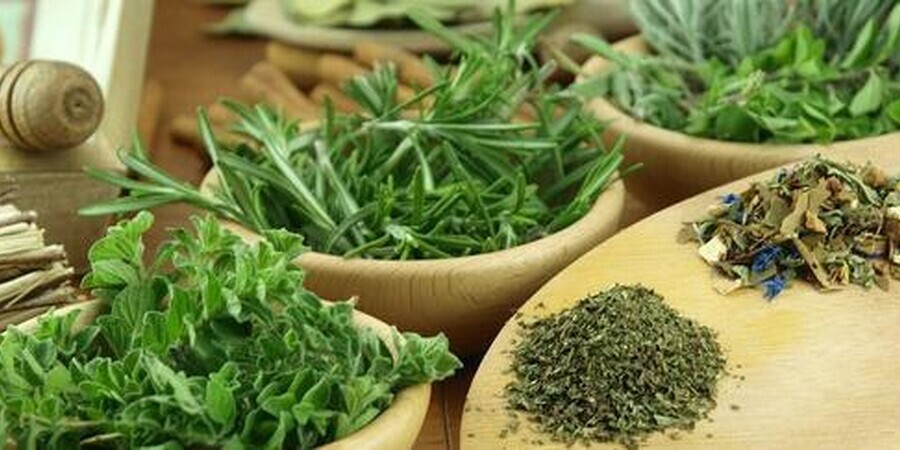Philadelphia, PA - Chinese herbal teas are also called Tisanes and are not, technically speaking, actually teas. Rather, they are infusions made from herbs instead of tea that is made from the Camelia Sinensis plant. The essence of the herb is extracted when the tea is steeped in hot water.
Chinese herbal teas are traditionally used for their healing, medicinal properties. Many varieties are also enjoyed simply for their taste, however. China is known for producing an entire pharmacy of herbs, making the herbal teas from there increasingly popular today.
The Beneficial Properties of Chinese Herbal Teas
The caffeine-free alternative represented by herbal teas is one of the well-known benefits Chinese herbal tea offers. Additionally, many of them are attributed with very soothing and comforting effects. Rosebud and Chrysanthemum herbal teas are two of the more popular examples of them.
Rosebud and Chrysanthemum teas are considered in China to be a woman's herb. They are, however, also useful for aiding digestion. Even a hard-core tea drinker is sure to enjoy the fresh floral flavor of these miniature rosebuds. Chrysanthemum tea has long been used to cool the body and reduce fever and has a particularly unique flavor.
Due to the lack of caffeine, Chinese herbal teas are great beverages to have when caffeine would be avoided, such as at night before bed.
The Fantastic Flower Herbal Teas
Among the many varieties of Chinese herbal teas are the wildly popular flower teas. These teas are, like all herbal teas, caffeine-free alternatives and offer various benefits. Most offer a palate of flavors while being calming and soothing.
The following are among the more famous of the flower herbal teas (alphabetically):
* Carnation Flower Tea--The tea brewed from this is attractive red flower is said to help restore the energy of the body. It is also widely used for relaxing.
* Chrysanthemum Herbal Tea--This tea has a subtle sweetness and is regarded as highly refreshing. Among the popular cooling infusions this is a premier choice.
* Forget Me Not Flower Tea--This brews a mild and grassy flavored tisane. Said to aid the lungs, it is also caffeine-free. It is widely known for its beautiful purple flowers.
* Gongju Herbal Tea--The Gongju flower is known for its soothing and relaxing attributes and brews a smooth tasting herbal tea.
* Jasmine Bud Flower Tea--This Chinese herbal tea, according to some experts, is comprised solely of the small and beautiful Jasmine flowers that have not yet opened. The tea produced sweet and caffeine-free.
* Kuding Pearl Tea--The leaves for this variety are rolled into large pearls, which is one of the sources of its nickname, "one leaf tea" due to the size of the leaves. The other reason it is called "one leaf" is because of the belief that only one leaf of this tea is needed to heal a number of things. Many people consider this tea to be a bitter tea, but nearly everyone agrees that this ancient leaf brews an interesting herbal tea.
* Yunnan Flower Bud Tea--This Chinese herbal tea grows, as implied by the name, in the old forests of Yunnan. This rare flower is primarily a local Yunnan drink and is caffeine free.
* Wild New York Ginseng--For those who appreciate the wild growing conditions in which the roots ripen this is another well-known Chinese herbal tea. It is said that each root develops a unique appearance and personality because of the rugged wild conditions. Size and age can vary greatly, with some of these wild roots being very small and very old while some larger roots are much younger. These herbal roots live for seven years or more.
Share This Article on Social Media


